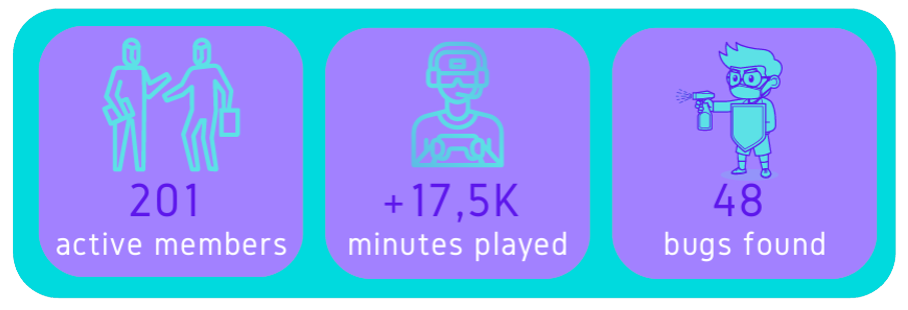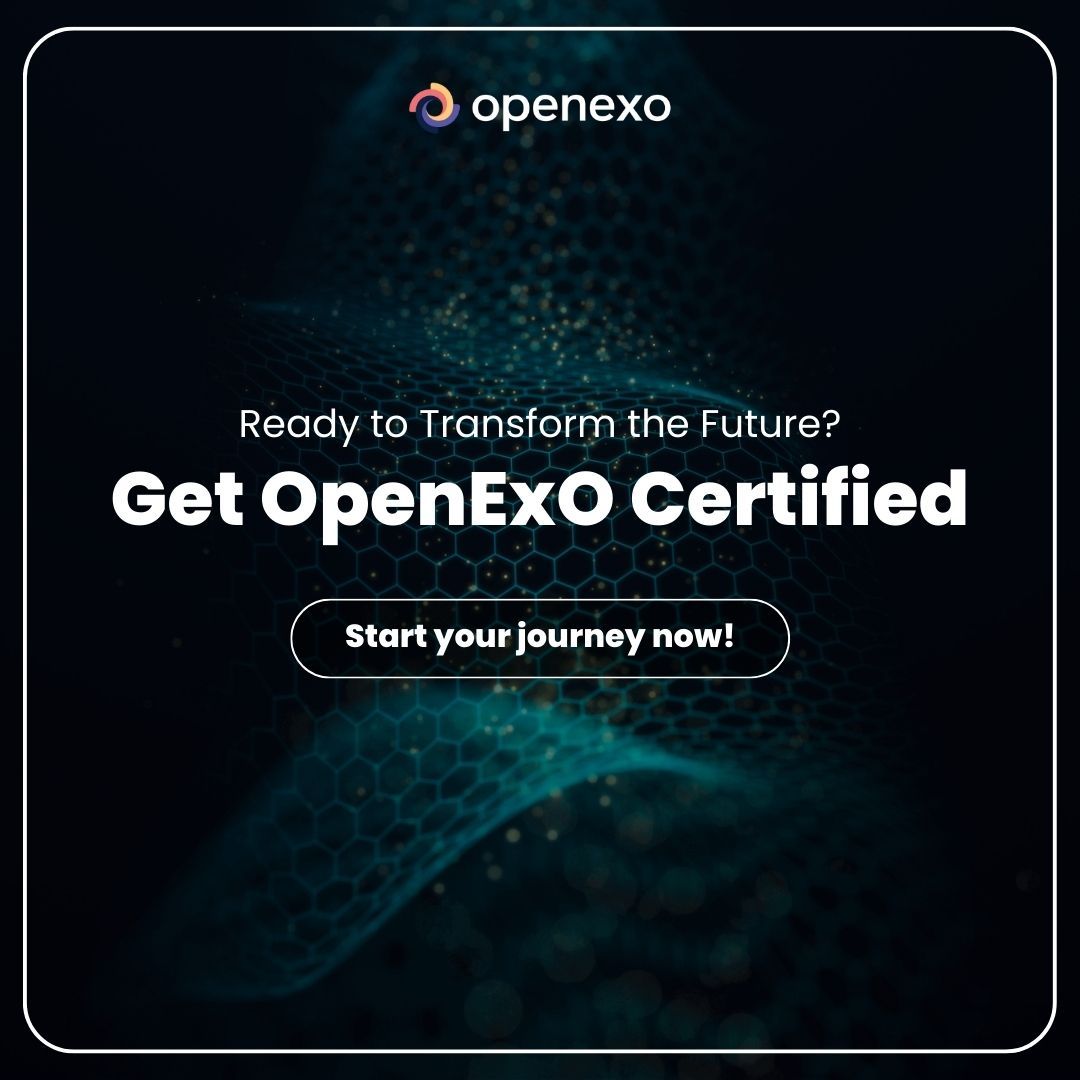
The Power of Social Scaling: Inclusion, Innovation, and Profitability in Exponential Organizations
Social scaling is a key growth strategy for Exponential Organizations. Inclusion, diversity, and equity are essential for success. Companies with strong inclusion practices are more innovative, profitable, and productive. ExOs can use dashboards to monitor diversity metrics and social scale.
Socially speaking, an organization’s internal network of likers, clout-builders, and feedback givers can also use some cultivation.
Social scaling grows a company’s following and discovers new markets by leveraging social technology platforms, engagement campaigns, and community development. Companies social scale to spread their ideas, share their values, and increase the impact of their positive efforts from within their internal ecosystem.
In OpenExO, social scaling involves creating a community around your business to educate partners and shorten the feedback loop. By setting time-boxed goals, companies grow their audience to achieve increased innovation, agility, and skills development. This undertaking resembles marketing driven by ads and influencers in how a company can put together a plan to transform clients into exponential networks. The goal is to increase awareness and build trust in the efforts of your business by collaborating on objectives and performance indicators. These efforts lead to benefits from the relationships formed through community development.

The OpenExO Experience is structured around the principles of learning, doing, and sharing. Each individual going through the OpenExO Experience will find it straightforward to understand their possible role(s) and contribution within the community.
– Niki Faldemolaei
Another example of social scaling in this context is the open-source code movement. Organizations expose the functions behind their applications so that the developer community could improve and integrate with their products. By making their code available to anyone that wants to work with it, they are fueling innovation and benefiting from ideas generated by passionate patrons and advocates of their business. Today, many resources are available that were built on good ideas made on open-source code. Companies like Linux and Apache were able to exponentially scale the adoption of their software leading to widespread influence. While GitHub itself is not open-source, by providing a platform for developers to contribute to open-source projects they were at over 56 million users in 2021. One thing that these companies have in common is that they were able to scale through open collaboration by focusing on how they engage their community.
Inclusivity is Crucial to Social Scaling
Social scaling is a key part of an Exponential Organization’s growth strategy. These organizations tap into collective intelligence by fostering engagement with a widespread network to create disruptive change.
A company on the path to 10x growth will set out to achieve some key objectives in Engagement, specifically when it comes to Crowd & Community, Staff On-demand, and Experimentation. A study conducted by the Center for Talent Innovation found that diverse and inclusive companies are 70% more likely to capture new markets.
It is especially important today that a successful social scaling initiative directs its focus in the areas of inclusion, diversity, and equity. Companies have a social responsibility to enforce equity in training machine learning models and developing social technologies that are a composite of diverse perspectives. For this purpose, there are programs and initiatives in place led by IEEE standards and academic institutions to promote the development of these exponential technologies in a way that is fair, transparent, and accountable.
On June 26th, 2023, The US Supreme Court overturned affirmative action in college and university admissions that promote inclusion and diversity.
The implications of not considering representation that extends beyond their users and customer base can affect a company’s bottom line in many ways. With rapidly changing demands and the increasing specificity of customer expectations in today’s market, an organization that does not have inclusive practices has more at stake than its social consciousness. Inclusion is not just about numbers and ensuring that there's adequate representation of various cultural groups, but it's also about creating a supportive atmosphere where diversity can thrive. Beyond reflecting the nation’s demographics, inclusion requires creating an environment where people feel welcome to be themselves and share their unique perspectives.
Companies with strong inclusion practices have higher rates of innovation, profit, and productivity
Having more women in the Web3 space is not just for caring or being inclusive; it's actually important for survival and thriving because when the environment (the industry) changes so quickly, what helps you survive is diversity.
- Yu-Kai Chou
McKinsey & Company’s “Delivering Through Diversity” report found that companies in the top quartile for gender diversity on executive teams were 21% more likely to experience above-average profitability compared to companies in the bottom quartile.
Growing a skilled workforce with contractors on-demand through cloud-based platforms will be a recognizable trait of the top companies. Recruiters are looking for high performers and top talent is prone to go towards companies that have diverse workforces where inclusion is not only visible but also a priority. McKinsey & Company similarly reported that companies in the top quartile for executive teams with ethnic and cultural diversity were 33% more likely to outperform their peers in terms of profitability. To support that statistic, the Boston Consulting Group found that companies with above-average diversity on their management teams reported innovation revenue that was 19 percentage points higher than that of companies with below-average diversity. In meeting your experimentation and innovation objectives, you will want to have the best talent, the best ideas, and a diverse sampling of data, sources, and aggregators.
Organizations with higher levels of diversity and inclusion experienced better team collaboration and problem-solving, outperforming homogeneous teams by 87% in terms of decision-making accuracy, and were 58% more likely to make better business decisions.
– Harvard Business Review
The challenges of inclusion in multinational organizations are managing a company’s immunity to change, assessing its cultural competency, and measuring and tracking progress. Companies are innately designed to meet even healthy disruptions with resistance. Addressing resistance with open dialogue and training on inclusion and diversity can allow employees with biased beliefs to share their concerns and perspectives in a safe space. Another challenge is creating an environment that embraces diversity. Inclusion isn’t merely including someone; it also requires cooperative strategies to overcome geographic and cultural barriers like language, holidays, and time zones. Harnessing the collective intelligence and capabilities of a global workforce will enhance the growth and innovation factor indicative of exponential organizations. Researchers at Stamford University found that dispersed development teams are achieving higher levels of efficiency with fewer code errors. Research conducted by Deloitte shows corresponding findings that inclusive teams outperform their peers by 80% in team-based assessments of productivity and software quality. The working environment needs to integrate with the one you’re including to adequately foster autonomy, adaptability, and knowledge sharing.
Leaders will need to empathize with their members and build relationships based on trust and respect using data and analytics to inform their decisions and measure the success of creating their communities. They will need to be able to work effectively with people of different perspectives, beliefs, and political affiliations.
– Jennifer Nuya
Tracking Improvement with Metrics
An ExO can leverage dashboards to scale its inclusion practices by tracking diversity metrics such as the representation of different demographic groups in their applicant pool, interviewees, and hires. By monitoring the various stages of the hiring process, they can track conversion rates of the percentage of women and individuals from protected groups at each stage of the hiring funnel and identify any drop-offs or disparities which can help reveal any blockers or bottlenecks that may inhibit diversity in hiring practices. Metrics captured during the hiring process can be analyzed in comparison to the overall application pool to gain insights as well as provide visualization on the progress made towards goals for diversity within leadership over time.
This transparency and demonstrated accountability can also help attract diverse talent who value and prioritize commitment to an inclusive workplace by making these metrics visible to employees, stakeholders, and the public.
As a starting point for social scaling, a company should consider a full picture that includes its current leadership demographic, its customer base, end users, and regional actors, then analyze this data to set a goal. Additionally, I recommend that they have a community of practice around diversity, equity, and inclusion that will exchange opportunities to learn and improve in this area. That also includes identifying the culture bearers that understand the challenges related to introducing diversity and can facilitate the transformation process by tracking the progress of your inclusion program’s success.
Organizations can scale their growth and impact by creating inclusive communities, leveraging social technologies, and fostering meaningful engagement. For a company embarking on this journey, a good place to start is by reading Exponential Organizations 2.0 and understanding the key traits of those companies that are realizing 10X growth in this decade. Consult with professionals in the DE&I space who can work with you on achieving your goals of being a business of the future. With dashboards to measure our outcomes and scrutinize our processes, we can repurpose the D in Diversity, Equity, and Inclusion to get results that scale.
#SocialScaling #CommunityDevelopment #ExponentialOrganizations #InclusionMatters #DiversityandInclusion #DEIInitiatives #SocialTechnology #EngagementCampaigns #OpenCollaboration #InnovativeIdeas #InclusiveWorkplace #MetricsForSuccess #ScalingForImpact #SocialResponsibility #EquityInTech #EthicalAI #BuildingTrust #SocialConsciousness #EmbracingDiversity #DataAnalytics #TrackingProgress #RepresentationMatters #DiverseWorkforce #GenderDiversity #CulturalDiversity #InclusiveLeadership #GlobalCollaboration #TransparencyInMetrics #CreatingMeaningfulEngagement #LearningAndSharing #SocialTechPlatforms #CloudBasedPlatforms #ExperimentationForGrowth #BusinessTransformation #10xGrowth #SocialScalingJourney #DEICommunityOfPractice #BusinessOfTheFuture #DashboardsForMeasurement #ResultsThatScale

ExO Insight Newsletter
Join the newsletter to receive the latest updates in your inbox.









